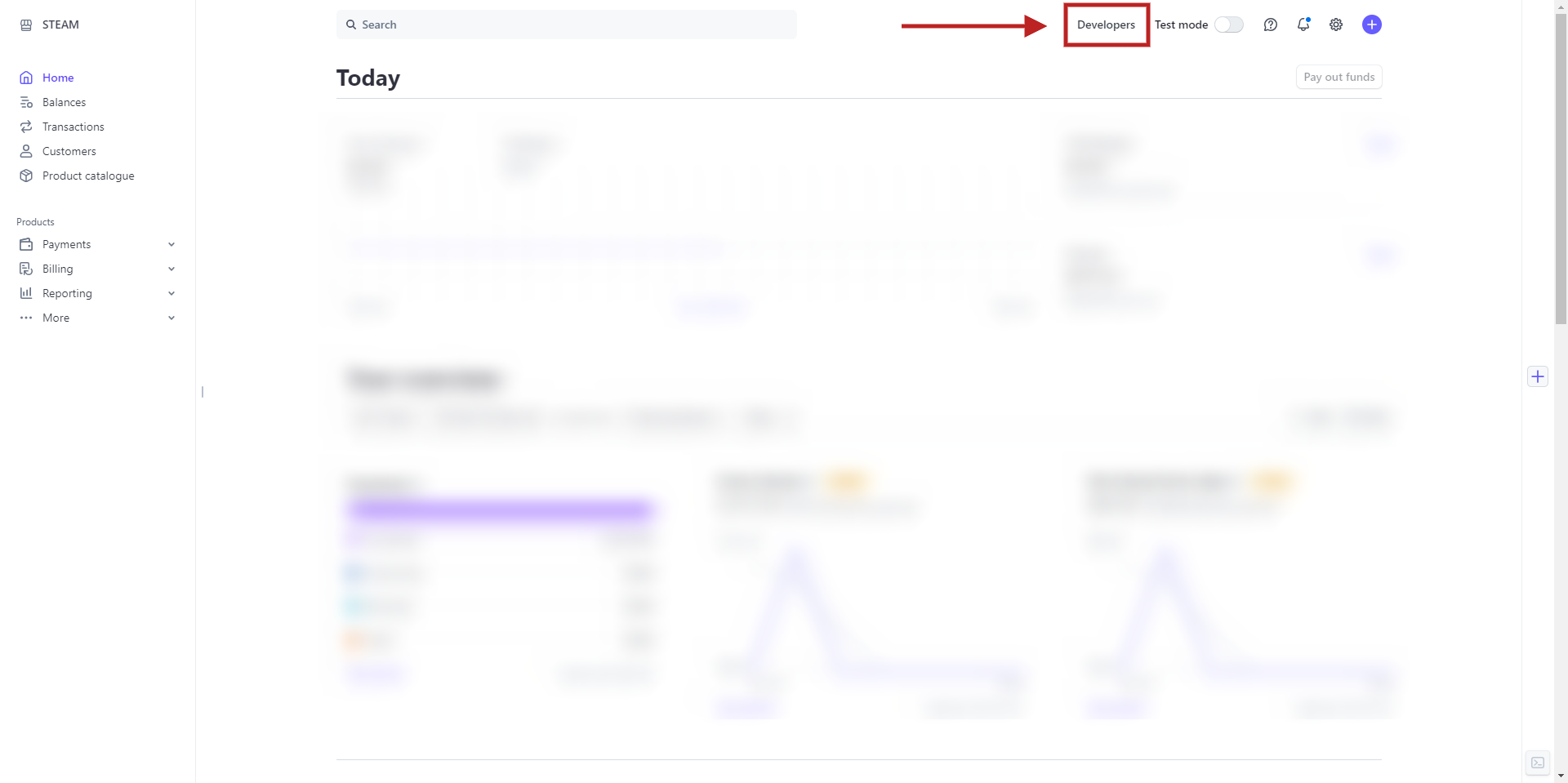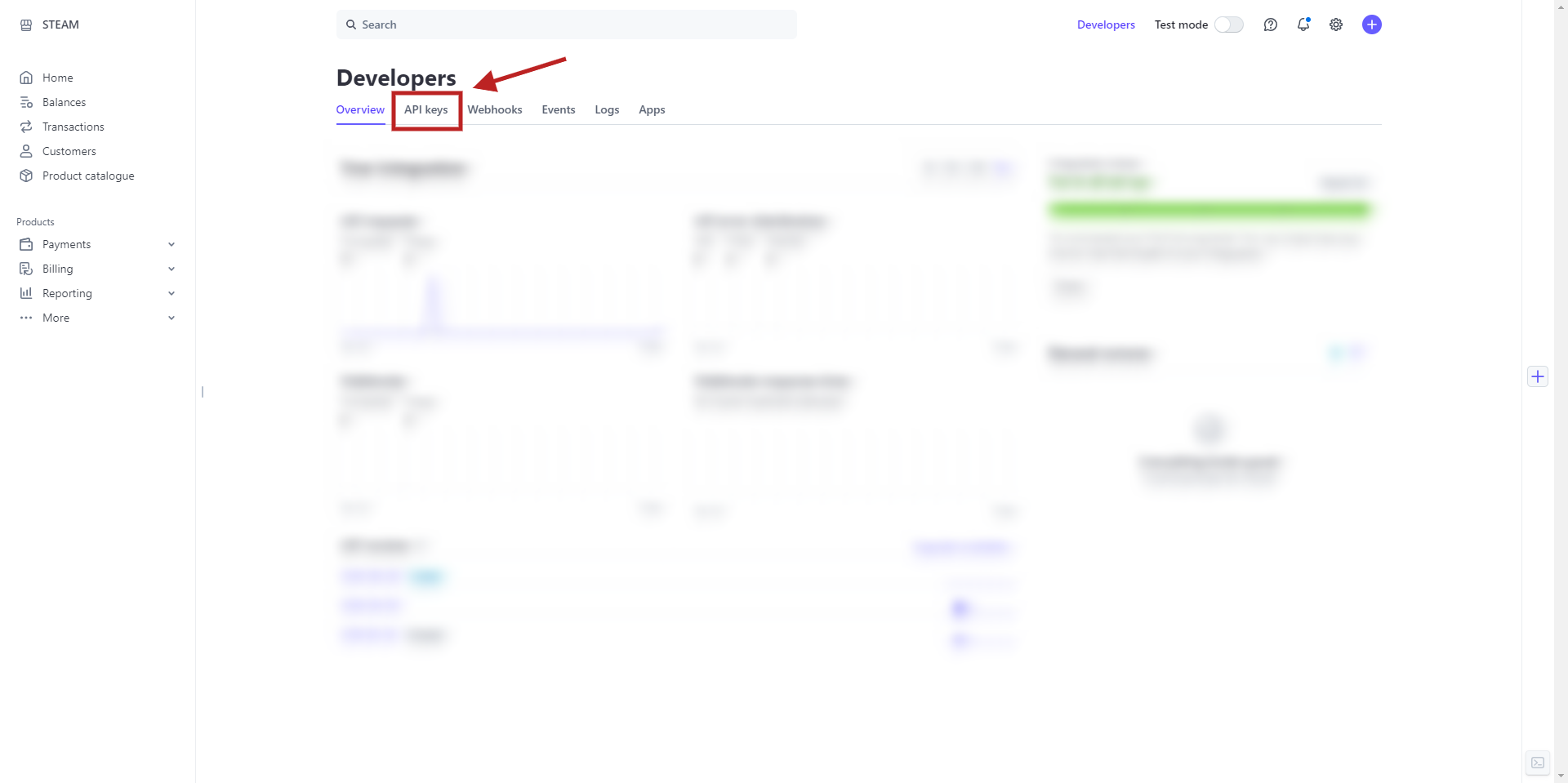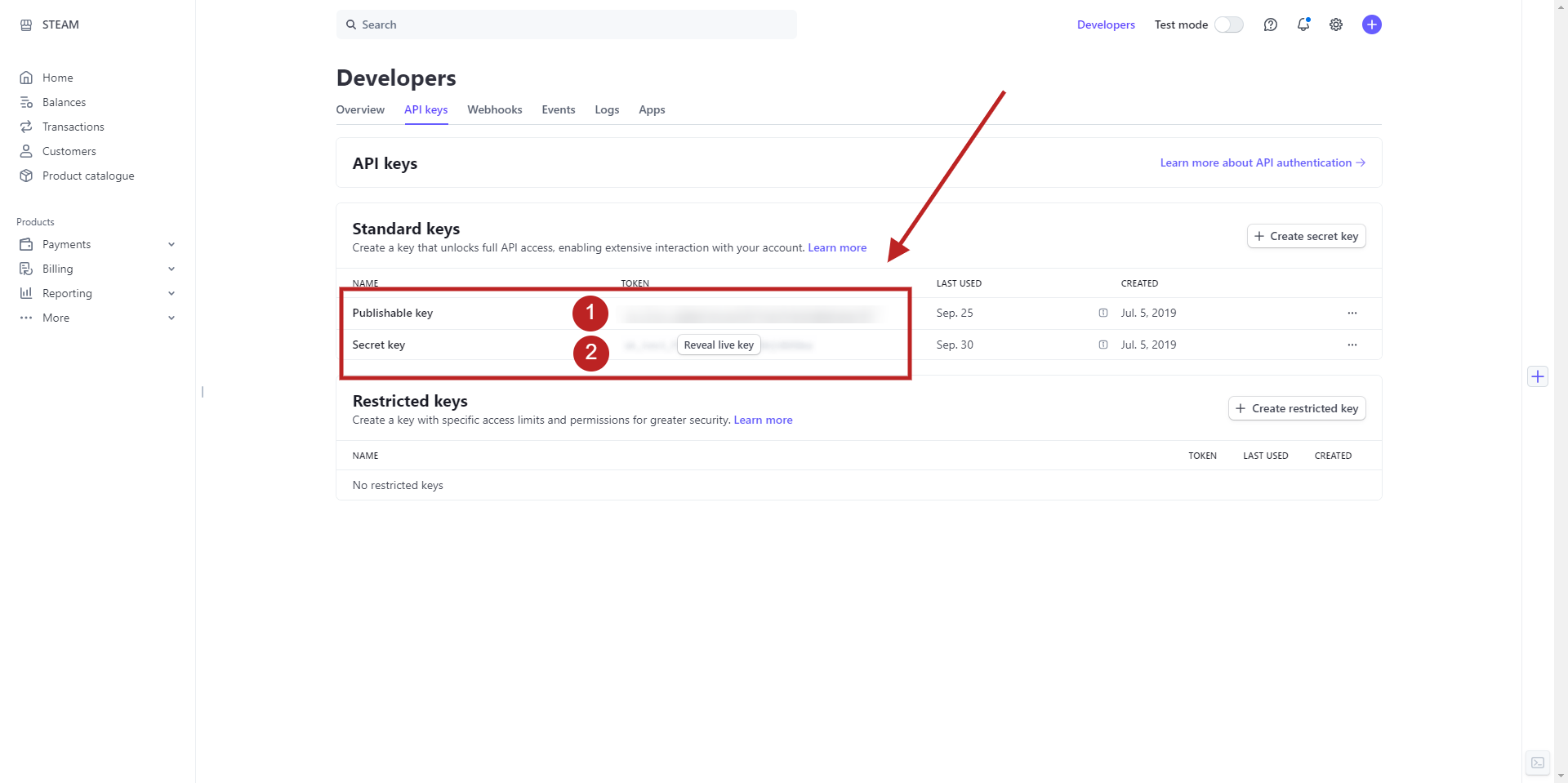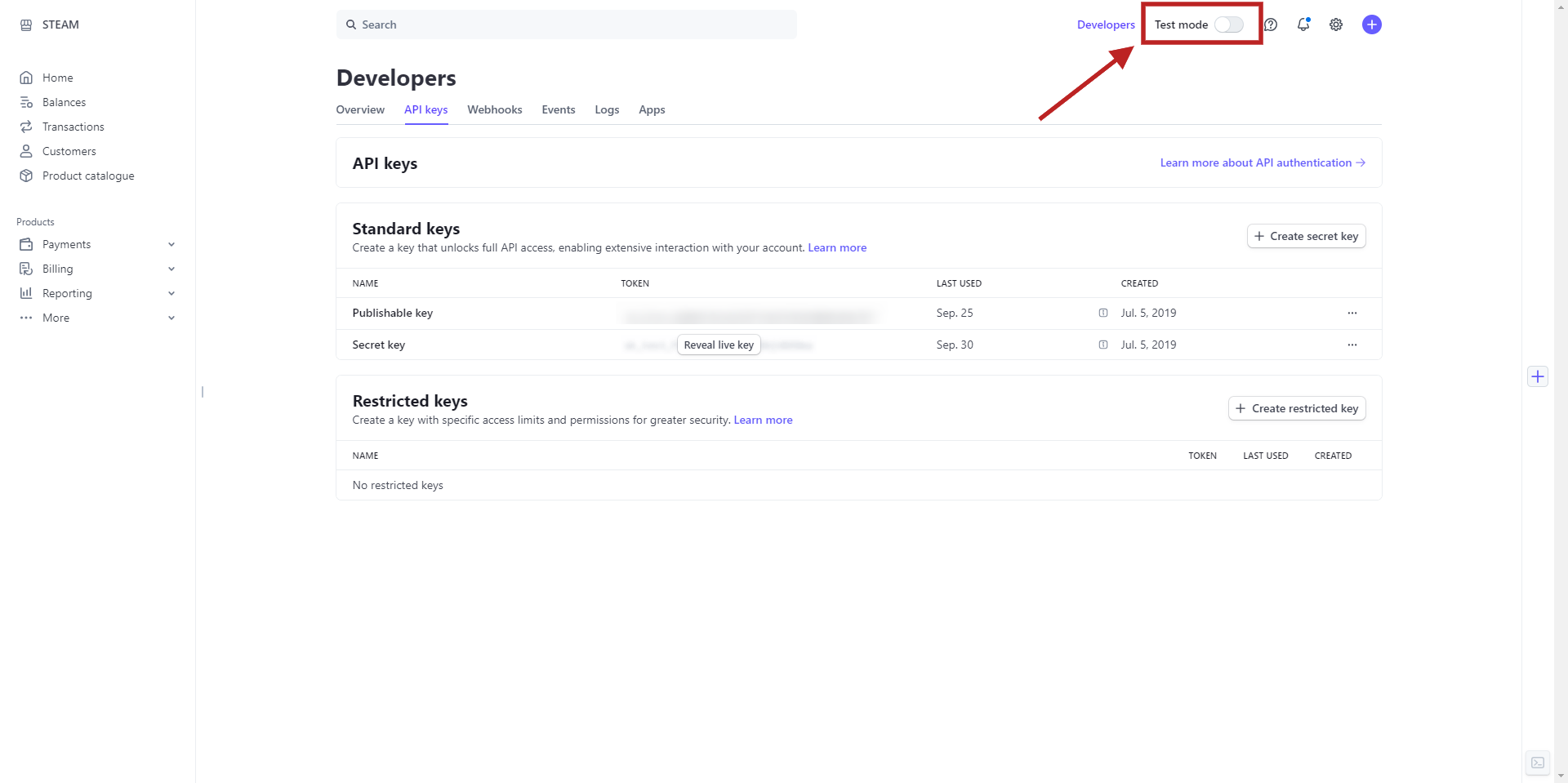Law 25: How to adapt your website to strengthen the protection of personal data

Digitalization has transformed the way we work, communicate, and do business. With this revolution also comes a series of challenges, especially regarding privacy and the protection of personal data. If you run an SME in Quebec, Law 25 should be on your radar.
In this article, we will delve into the meaning of this regulation and how your business can comply with its requirements, particularly concerning your website.
What is Law 25?
Law 25, which partially came into effect on September 22, 2022, is a Quebec legislation aimed at strengthening the protection of personal data. It governs the way businesses, large or small, collect, store, use, or share personal information, whether in written, drawn, recorded, or digital form.
September 22, 2022, is just the beginning. This date marked the implementation of some crucial obligations of Law 25. It serves as a reminder for all businesses to evaluate and adjust their online presence, as websites are now at the heart of concerns of this new regulation.
Why is it so important?
Respecting privacy and protecting data are at the heart of today’s consumers’ concerns. In an era where data breaches are common, ensuring the security of personal information is vital to gain and maintain customer trust.
Ignoring or violating Law 25 can be costly for businesses, not only in terms of fines but also in terms of reputation, customer trust, and in some cases, litigation.
Sensitive areas of your website
If you think that only websites dealing with sensitive financial or medical information are concerned, think again. Most sites have data obligations. Whether it’s online forms, e-commerce systems, authentication areas, live chats, or even analysis tools such as Google Analytics, each element must be reviewed from a data protection perspective.
Getting compliant
Ensuring that your website is compliant may seem like a daunting task, but with the right steps and proper guidance, it becomes manageable:
Businesses active online, especially those collecting personal information, are required to adhere to strict privacy guidelines.
-
Clearly display the privacy policy: This can be done via a dedicated page on the site.
-
Detail of tools and data collected: The policy should specify which tools are used for data collection and what type of information is gathered.
-
Consent options: Indicate how visitors can accept or decline the collection of their data.
-
Designate a person in charge: A person or a position to contact for any questions or concerns related to privacy.
-
Ensure data security: Explain how the collected information is handled securely and responsibly.
In addition to their online obligations, businesses also need to establish robust internal practices to ensure the protection and responsible management of personal information. These internal measures, although less visible to the general public, are equally crucial in maintaining trust and ensuring regulatory compliance.
-
Accountability: Have a dedicated person for privacy.
-
Privacy Policy: Develop clear guidelines for data management.
-
Security: Implement antivirus software, firewalls, and use encrypted storage.
-
Access: Implement strong passwords and two-factor authentication.
-
Education: Train employees on data protection.
-
Updates: Keep your software up-to-date.
-
Expert Advice: Regularly consult cybersecurity experts.
-
Third-party Management: Ensure your partners also comply with Law 25.
In conclusion
Law 25 is more than just a regulation. It represents a new era of data protection in Quebec. As an entrepreneur, you have the responsibility to enhance the security of your customers’ data. Armed with the right information and appropriate resources, your business can effectively navigate through these regulatory requirements, thus providing a safer online experience for your customers.
How can DIGITALSteam assist you?
In the face of the ever-evolving digital regulation, we are highlighting two specific offers to support your website adaptation approach to Law 25.
For our loyal clients, discover an exclusive offer that reflects our commitment to your compliance.
For businesses considering joining us, we have crafted a tailored offer to guide you through this transition. Together, let’s work towards a more accessible web in line with current standards.
1- DIGITALSteam commits to integrating the information it can identify following a website analysis and thereby drafting a privacy policy based on these findings. Consequently, this policy might be incomplete in the sense that it won’t address the company’s internal processes and focuses only on the digital procedures related to the website. The client should evaluate the content for potential needs post-delivery.
2- If you’re not already a DIGITALSteam client, it will be essential for you to provide all necessary access to your website to facilitate the completion of the task. Furthermore, it’s important to note that DIGITALSteam cannot guarantee the task’s realization without additional costs if the CMS environment proves to be more complex or not in line with the usual market standards. In such a case, adjustments might be required, and additional costs could apply.









